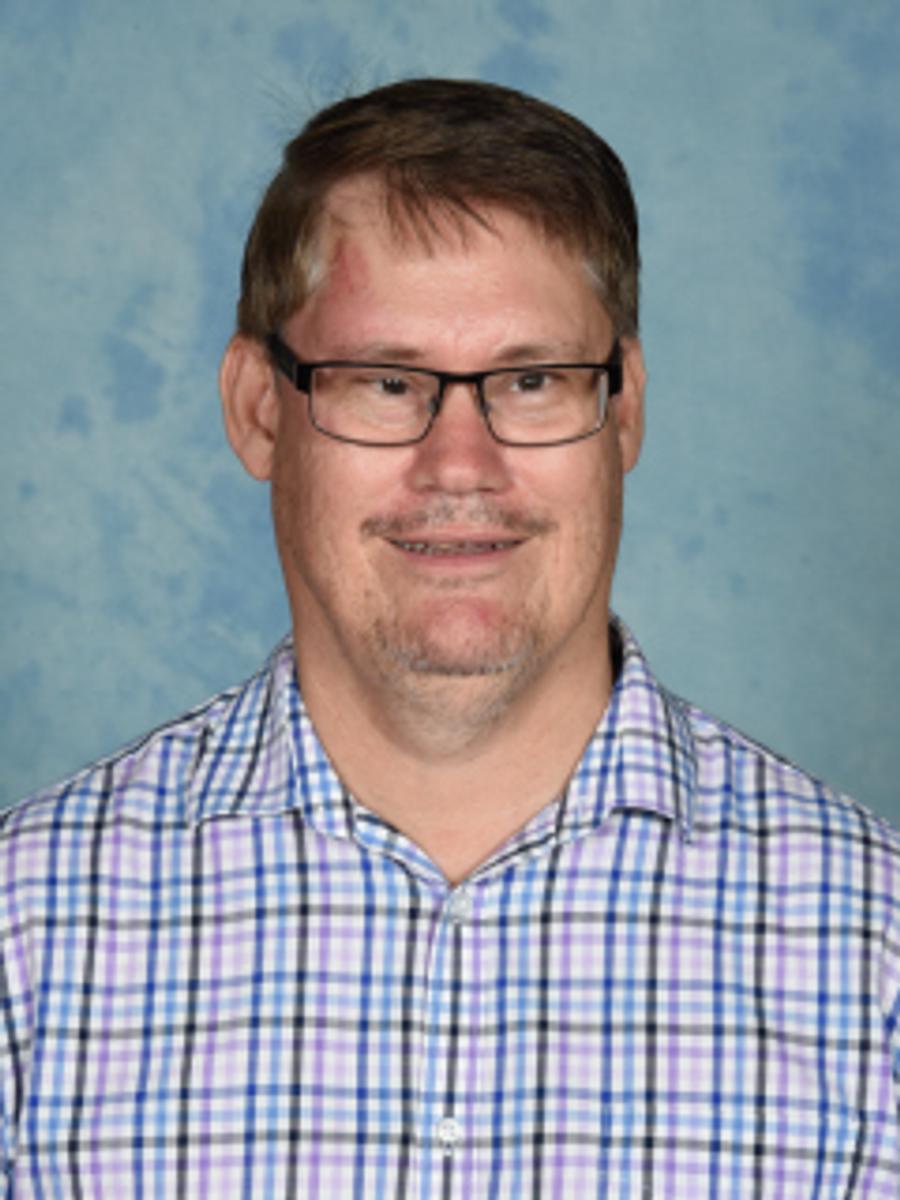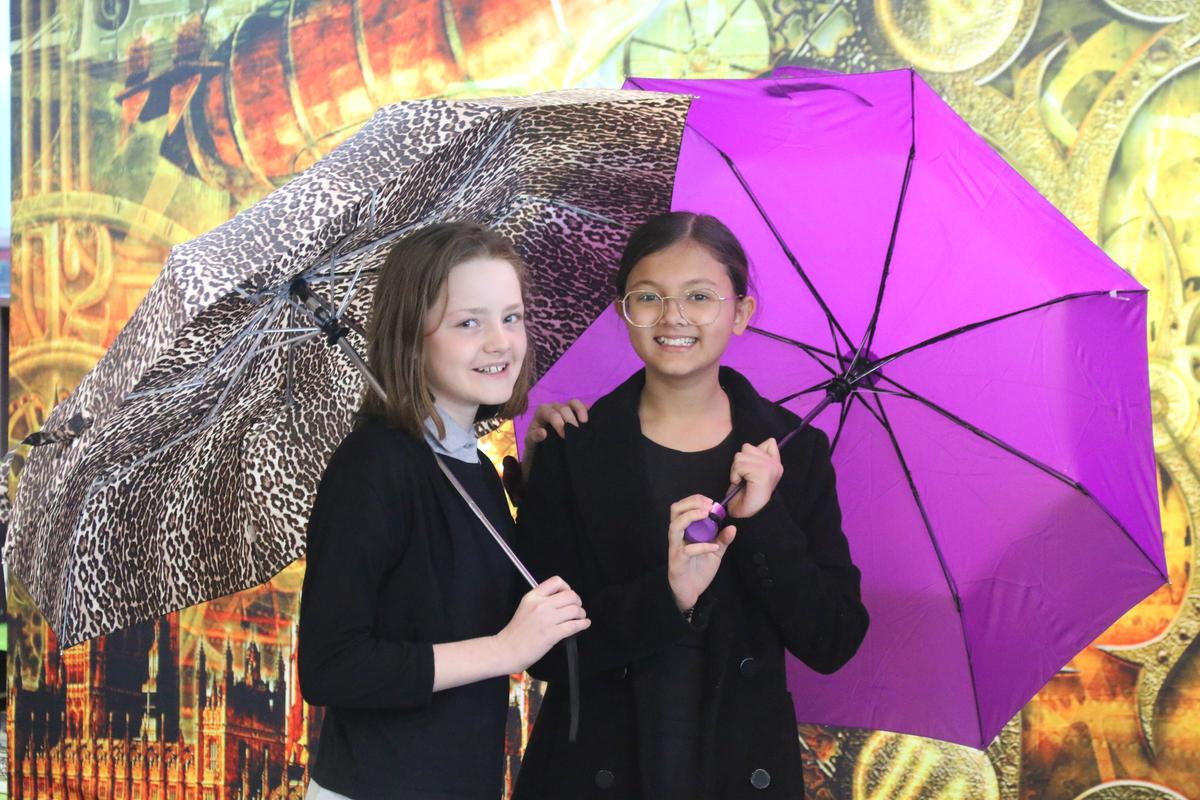Year 7 Pastoral Guardian
Alexander Bush

Year 7 Pastoral Guardian
Alexander Bush


As the acting Pastoral Guardian in Term 4 while Ms Jeni Barlow takes a well-earned break, I have been very impressed with the attitude of our students as they start their final term of Year 7. Ending Term 3 with Culture Festival has been a highlight for so many of our students, with many still raving about all the fun and festivities of the day. I am very keen to see the students finish the year strongly, focused on their classes and the academic work.


With a short term and many distractions, including the Year 6 student visits on Experience High School Day and Orientation Day, the Leadership interviews, forums and speeches, and the excitement and disappointments of the awards ceremonies and assemblies, it is vital that our students arrive at school ready to learn. Ensuring our students are getting enough sleep are one way to help them finish this term strong.


I wonder, how many of our children are awake after the parents have gone to sleep? I would hazard a guess that it is more than we would think. Stepping into the role of Pastoral Guardian for Term 4 I have become acutely aware of how many students are ‘liking’ conversations on the Year 7 Cohort Teams page late at night. This indicates that not only are they awake at this hour, but they are also on their phones and laptops.
Good sleep is essential to wellbeing. Our 12 - 13-year-old students need around 10 hours sleep each night. If they are getting up at 7am, they need to be asleep by 9pm. A regular sleep schedule is great for maintaining good sleep habits, and students should aim to rise each morning at around the same time. I invite Year 7 parents to participate in the ‘how much do you know about sleep’ quiz via our student wellbeing platform SchoolTV, here.
On to technology…It is recommended that students put down phones, close laptops, turn off TVs at least 30 minutes before they go to bed. The impact of technology on the sleep cycle can be problematic, as it forces the brain to work overtime and has a light that tricks the brain into believing that it doesn’t need sleep yet. The constant use of digital devices at bedtime can trick the brain into delaying sleep each night, pushing the time for sleep later and later, with a later and later waking time. This constant adjustment to the body clock makes regular sleep less likely.
So, in summary, the following are best practice for better, more consistent sleep for our young students:


For more information, articles, quizzes and videos by experts on sleep and how it affects young students and teenagers, take a look at the resources on SchoolTV.
Alexander Bush
Year 7 Pastoral Guardian